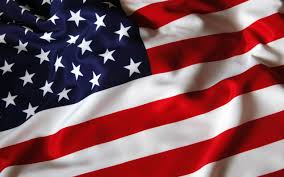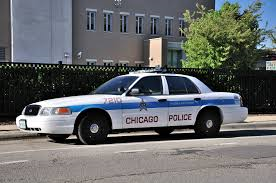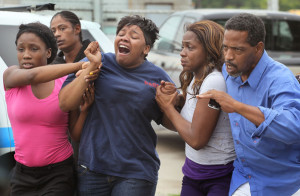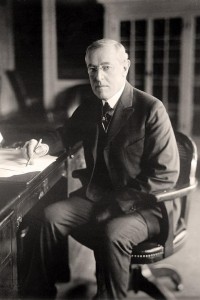The domino effect of racism from even before the American Civil War has intensified once again, filtered only through the national media, since the Trayvon Martin case just three years ago. Though blacks in poor, gang-ridden neighborhoods seem to be killing each other in far more staggering numbers in recent years, it is the case of blacks being gunned down by white police officers that has become the ugly fat rising to the surface of this dreadful vat of toxic soup called racism in our country.
The most recent example is that of the teenager gunned down in Chicago and shot sixteen times after his defiance of a white policeman. The shameful cover-up of the details for over a year has left Chicago politicians and law enforcement personnel standing around with some of that ugly fat covering their upper lips. Though the kid wasn’t exactly a National Merit finalist or someone to be trusted with anyone’s car keys, he didn’t deserve to be killed in cold blood. OK, I wasn’t there, but sixteen gunshots in his body in just a few seconds, while the kid was armed only with a knife, speaks of an irrational, uncontrollable rage on the part of that cop.
Of course, my white middle class experience about such conflicts usually makes me believe that if somebody, no matter what color, isn’t committing a crime, he probably won’t be bothered by the police, but I’ve been told that my attitude about avoiding crime in the first place is naïve in the face of the oppression, poverty, and disenfranchisement endured by so many more blacks than by whites. The bottom line, however, is that had the same crime been committed by a white kid, the chances of his being shot sixteen times would certainly have been reduced or eliminated. About that I have little doubt. We are still one of the most racist nations on earth, but we see it in laser focus only in these instances of slaughter, especially in the church shooting in Alabama last summer by the racist lunatic, who like many other poor, uneducated whites, sees black pride and anger as “uppity.” This has helped me to understand better the true meaning of “Black lives matter” and the insanity of those very bad losers who are still angry that they lost the war 150 years ago.
The aftershock continues in other parts of society too. This past week protestors at Princeton University demonstrated against any honors recognized by the school for Woodrow Wilson (a former college president there and President of the United States during WWI) whom the complainers have now labeled a racist who allowed his presidential cabinet to be composed entirely of white men a century ago.
If I were black, perhaps I could better comprehend such outrage along with the anger felt against those who still cling to the American confederate flag as a symbol of God knows what in the year 2015. I agree that people in our history should be criticized for their mistakes but praised for the good they did. History books need to include unpleasant facts, whether they offend or not. Such things are parts of our past as a country and we must see them for what they were in the context of when they occurred. Shall we erase or revile, for example, those American Presidents who owned slaves while in office? They would include Washington, Jefferson, Madison, Monroe, Jackson, Taylor, Polk, and Tyler. At some point it becomes necessary for us to see the past for what it was when it was happening. One would think that at Princeton a gold statue had been erected to honor someone like Governor George Wallace.
If we begin giving carte blanche to everyone who is offended by the timely and unintentional weaknesses of characters who also did great things, our history books will become tomes of blank pages. As a nation we have grown and continue to do so, even while we’re making new mistakes, but we need to remember that the world a century ago, two or three centuries ago was a different place with leaders who did good along with bad done at times through sheer ignorance shared by the usual majority of each era. Criticize the wrong that is rampant now. Staging witch hunts for the dead who once had heavy worlds upon their shoulders isn’t as enlightening as it is bitter, angry, and misplaced. JB






